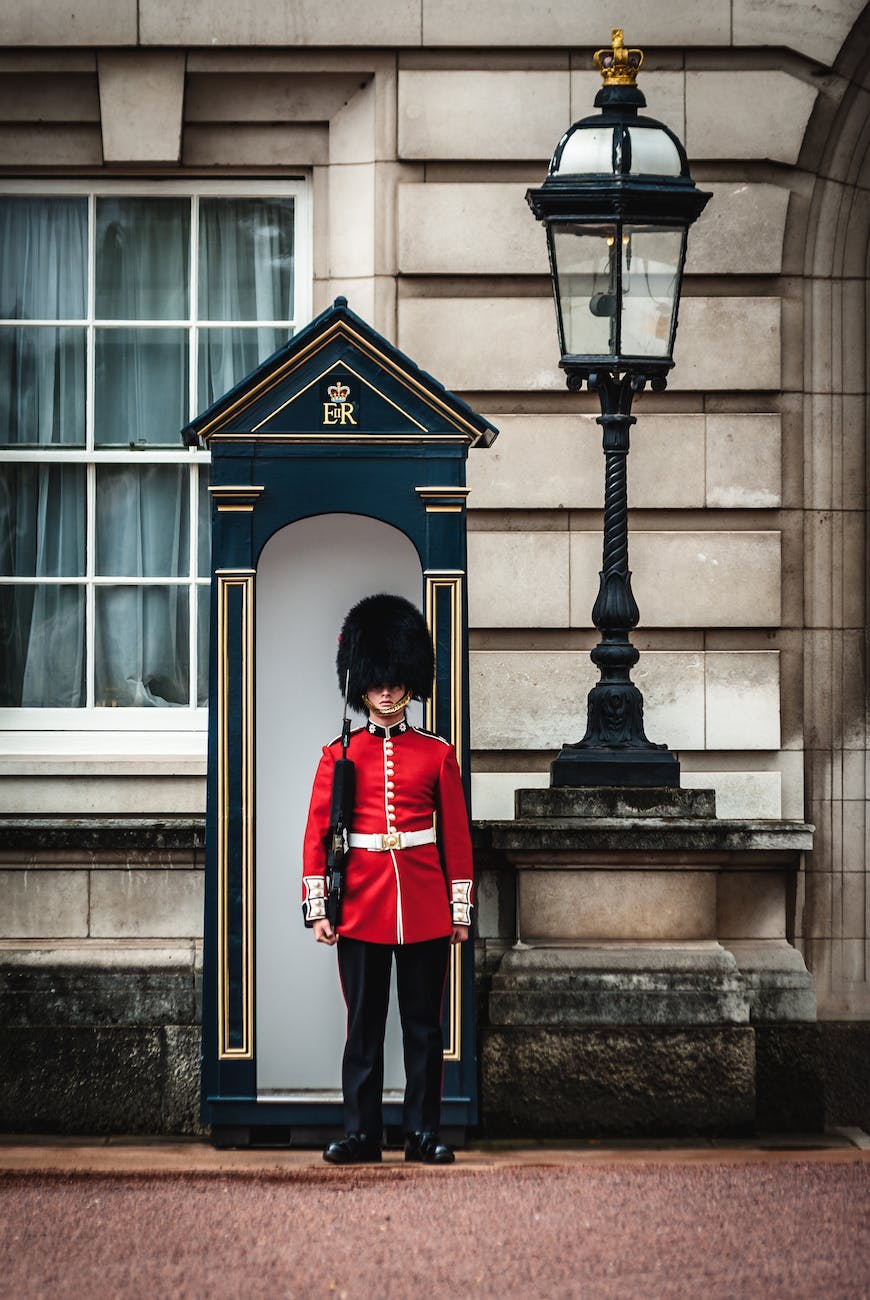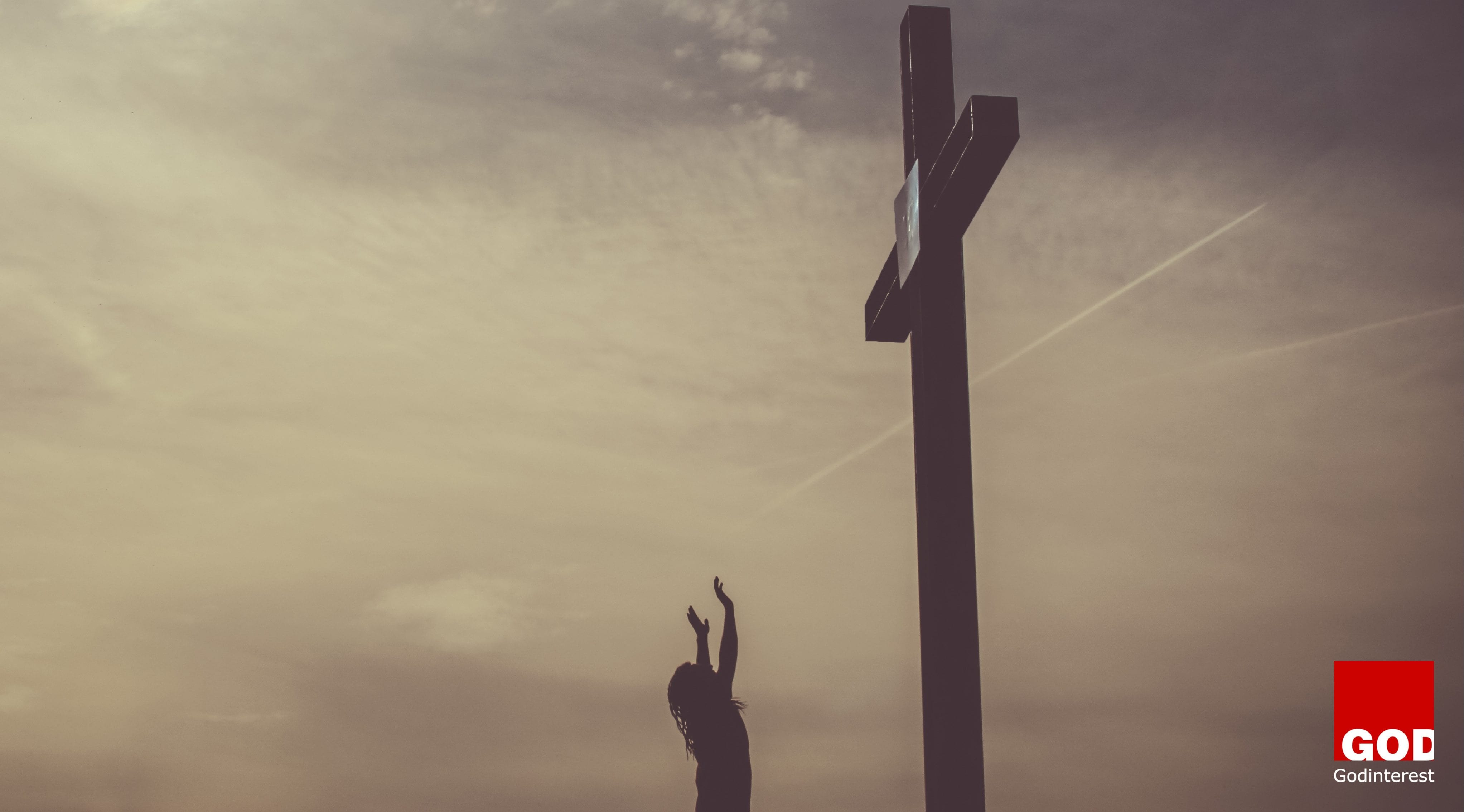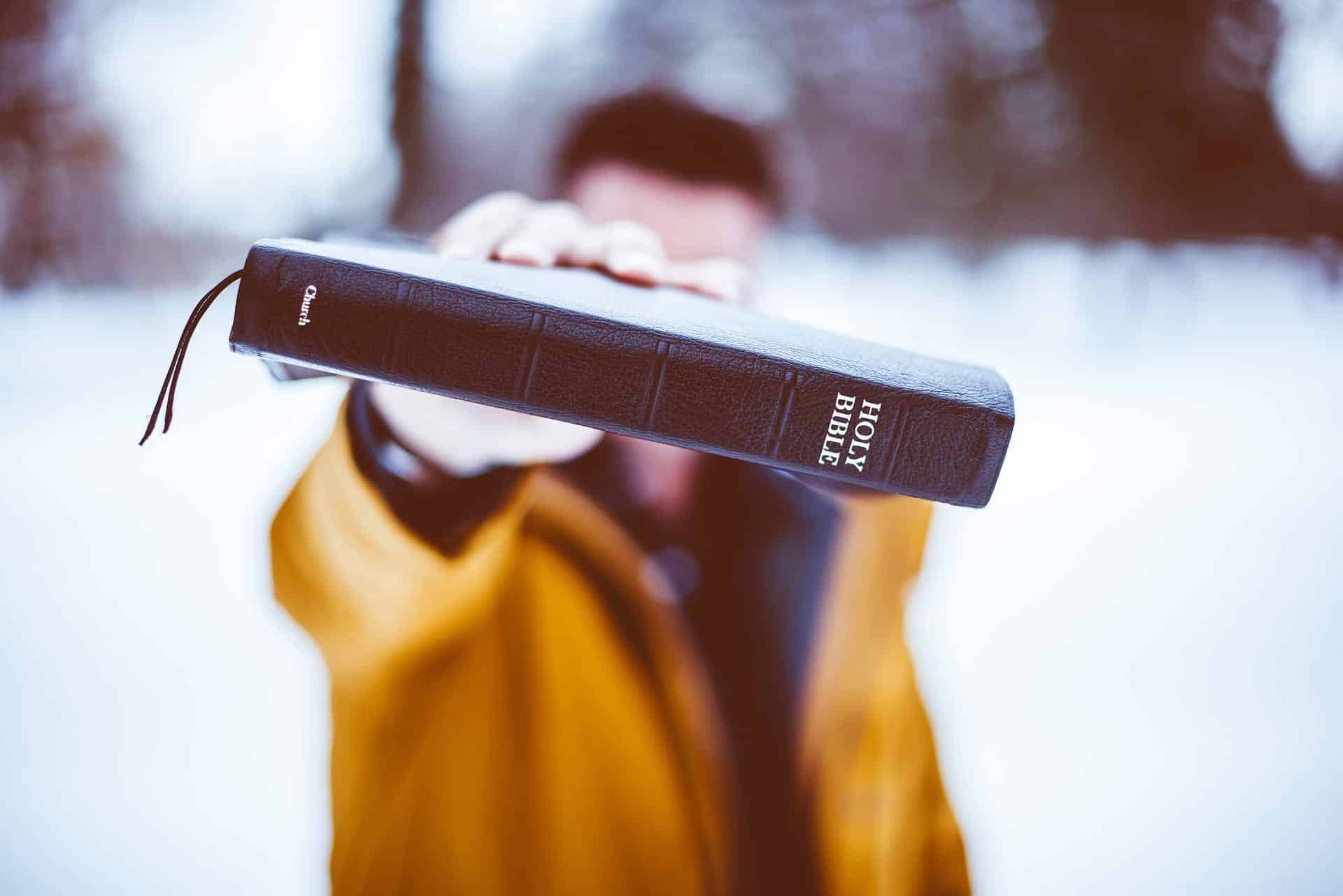In the year 1620 A.D, 102 English settlers, called the Pilgrims, and their crew of about 30 men, arrived at Plymouth Rock, what is now Plymouth, Massachusettes, on their ship, the Mayflower. These people had a deep faith in God, and believed that they were on a mission from God. In spite of the cold weather and the lack of food, they gave thanks to God for the safe journey across the Atlantic Ocean. and for the freedom from an unjust government. It was a very harsh winter, and by Spring only 52 Pilgrims were still alive.
The Mayflower Was an English Ship That Famously Transported the First English Puritans, Known Today as the Pilgrims, from Plymouth, England to the New World in 1620
The Native American Indian chief, Squanto, had pity on these settlers and befriended them. He and his tribe taught them what things to grow, gave them seeds and told them when to plant them. By Fall they had a bountiful harvest. In gratefulness to God, they had a worship service, and then they had a feast and invited their Indian friends to join them. Five of the remaining women made the meal, and there was joyful celebration of friendship. Two hundred and fifty years later President Abraham Lincoln declared Thanksgiving a national holiday.
The Word “Thanksgiving” Comes from the Old Anglo-saxon Term That Meant “Thinkfulness”.
If you can’t think of anything to be thankful for, you have a very poor memory! Psalm 103:2 says,
“Bless the Lord, O My Soul, and Forget Not All His Benefits.”
The psalmist is saying:
“God Has Given Me So Many Benefits That I May Forget Some of Them, But Don’t Let Me Forget All of Them.”
A story is told of a gifted preacher who suffered a nervous breakdown. A friend told him that, by God’s enabling, he could overcome his depression. The key was to practice thanksgiving, in obedience to God’s Word. He suggested that the minister think of all the people who had a special influence on his life over the years. Then he asked, “Did you ever thank any of them?” The down-hearted man confessed that he couldn’t ever recall doing so. His friend challenged him to think of one person and write to him, expressing his appreciation. The pastor took his advice, and when he learned that his letter had greatly encouraged the person, his heart was lightened. So he jotted down a list of all who had helped him, a list of over 500 names, and he wrote a letter of appreciation to each one. As he counted his blessings, the depression left him. Realizing that God had been showering him with encouragement through these individuals, he began thanking God daily for His love and goodness. Let’s take the advice of hymn writer, Johnson Oatman, Jr.
“Count Your Blessings, Name Them One-by-one: Count Your Many Blessings, See What God Hath Done.”
Psalm 92:1-2 says,
“It Is Good to Give Thanks to the Lord, And to Sing Praises to Thy Name, O Most High; To Declare Thy Lovingkindness in the Morning, And Thy Faithfulness by Night.”
Thankfulness is good for us because it leads to a deeper fellowship with God, to growth in godliness, and to wholeheartedness in daily living.
I Thessalonians 5:16-18 says,
“Rejoice Always, Pray Without Ceasing, in Everything Give Thanks, for This Is God’s Will for You in Christ Jesus.”
Remember, God never gives a command without providing the desire and the power to obey it. His grace is always sufficient if we humbly depend upon Him completely, and confidently ask Him to supply it.
Happy Thanksgiving Day! May every day of your life be Thanksgiving Day!
















